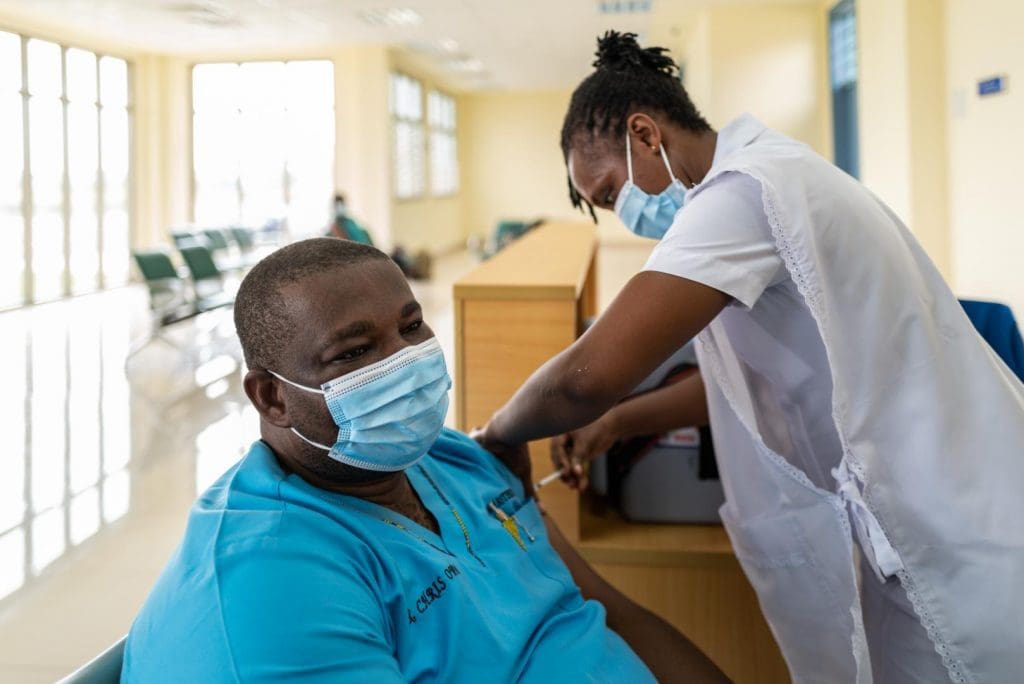Poor compliance with public health measures, mass gatherings, and low screening and vaccination rates would be the main causes of a future Covid-19 resurgence in Africa, the World Health Organization warns.
According to a risk assessment conducted in 46 countries by the UN agency, three countries face a very high risk of Covid-19 resurgence, 20 face high risk, 22 moderate risk while only one is at low risk.
The risk was estimated using seven indicators with data from the past four weeks, including Covid-19 cases per million people, percentage change in new cases, percentage change in new deaths, the speed at which an infection spreads, pandemic trend, average weekly number of tests per 10,000 people and the percentage of the population that has received at least one dose of vaccine, WHO explains.
With more than 4.5 million confirmed cases and over 120,000 deaths to date, the continent has not seen an outbreak since January and the epidemic curve has plateaued for the past six weeks.
However, the relatively low number of cases has encouraged complacency and there are signs of reduced adherence to preventive measures, the global health agency warns.
Recent political rallies in countries such as Benin, Cote d’Ivoire, Guinea and Kenya have caused a spike in new cases.
Upcoming elections in Cape Verde, Ethiopia, The Gambia, Sao Tome and Principe and Zambia could trigger an increase in cases due to mass gatherings, WHO further warns.
Community transmission
“We cannot be lulled into a false sense of security. The devastating outbreak of cases and deaths in India and the increase in other parts of the world are clear signs that the pandemic is not yet over in African countries. A new upsurge in Covid-19 infections is a real risk in many countries even though the number of cases in the region in recent weeks appears to be stable,” says WHO Regional Director for Africa, Dr Matshidiso Moeti.
According to her, “tackling Covid-19 fatigue appears to be the key battle in our collective response to the pandemic.”
Most countries in the region are experiencing community-based transmission, but 31 of the 46 countries analysed have tested less than 10 per 10,000 people per week over the past four weeks.
This suggests that the number of cases reported in the last 28 days may not reflect the true situation, as countries continue to target only symptomatic people for testing, WHO notes.
According to Dr Moeti, “most new cases are still not detected among known contacts. Cluster investigations and contact tracing are extremely weak in most countries in the region.”
Based on this, she says “we need to scale up testing, including rapid diagnostic tests, to improve the response to the pandemic.”
The WHO says it is important that countries intensify case-finding in areas of widespread community transmission, increase capacity to isolate cases and reorganise the health workforce, including redeployment of health workers to the most affected areas.
ARD/cgd/lb/as/APA


